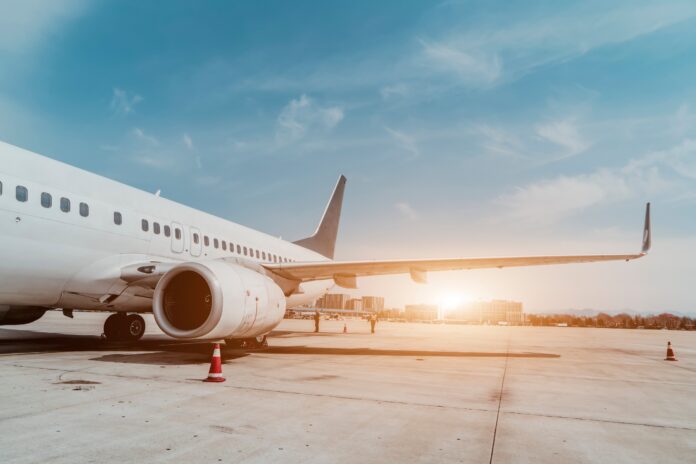Passenger jets had until July 1st to upgrade their altimeters to address potential 5G interference
The July 1st deadline for passenger jets to upgrade their altimeters to address potential 5G interference has come and gone, and according to the Federal Aviation Administration (FAA), the aviation industry has seen “minimal disruption” as a result.
“U.S. domestic and international fleets are largely equipped to operate in a 5G C-Band environment,” the FAA told RCR Wireless News via email. “The FAA is working with manufacturers and airlines to the extent possible to safely enable operations in cases where retrofits have not been completed.”
The FAA further confirmed that more than 85% of the domestic commercial airline fleet and about 66% of the international fleet are equipped with radio altimeters that can operate safely in the U.S. 5G C-band environment.
As background, the FAA last year issued more than 1,400 warnings to pilots about the possibility that on-board aviation systems may be disrupted by 5G C-Band operations. Specifically, the agency states that 5G signals may interfere with radio wave emitters that passenger jets use to measure how far they are from the ground, which pilots rely on during low visibility landings.
Therefore, while the new equipment isn’t actually required until February 2024, passenger jets that haven’t been certified for operation around C-Band 5G signals by the July 1st deadline would not be permitted to land in certain low-visibility situations.
And as the high percentage of planes that have already been updated indicates, airlines are complying with the new rules despite largely maintain that C-Band will have little-to-no impact on aviation. According to the Wall Street Journal, most U.S airlines expect to have their fleets fully upgraded by the July 1st deadline. Delta Air Lines and JetBlue, though, will miss this deadline, as 190 planes and 17 planes, respectively, will not have the new equipment.

